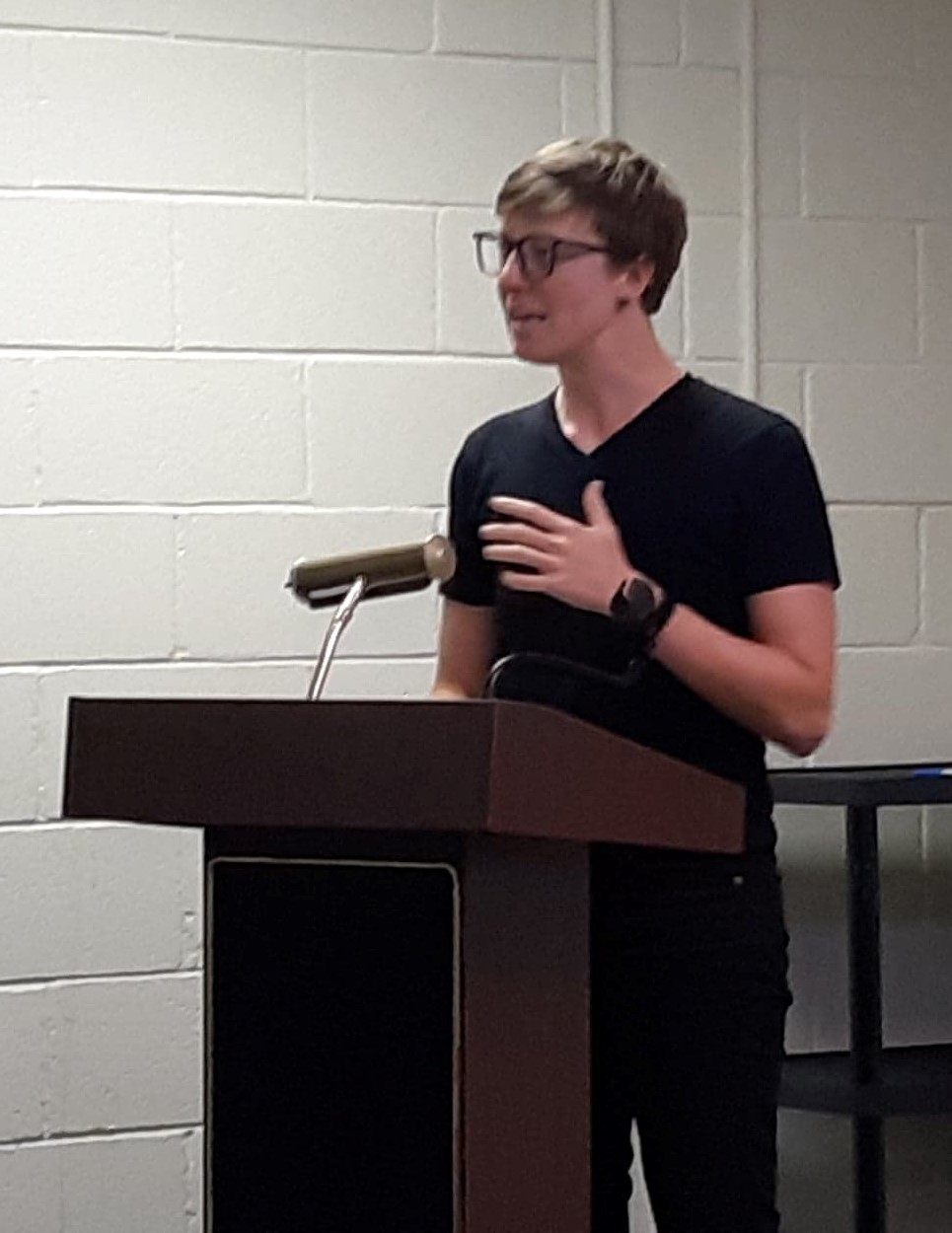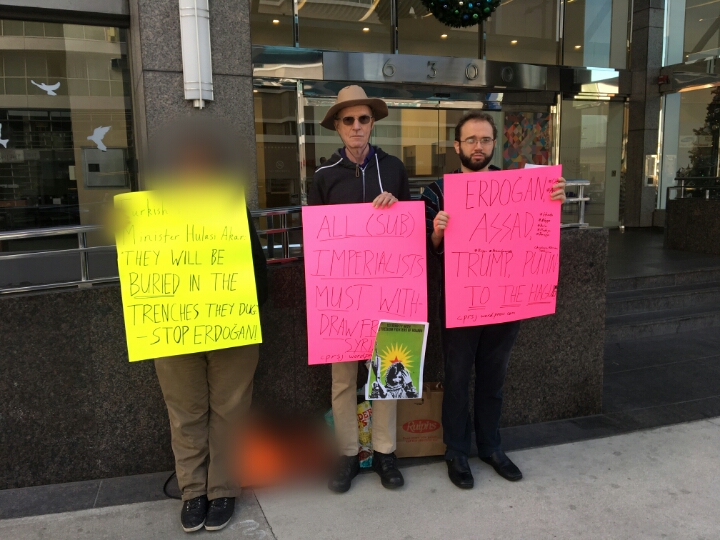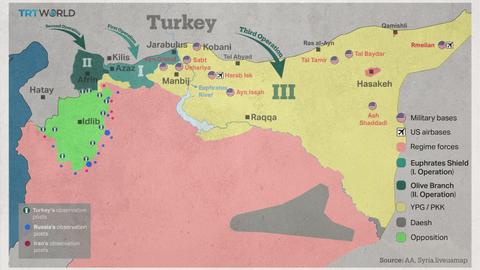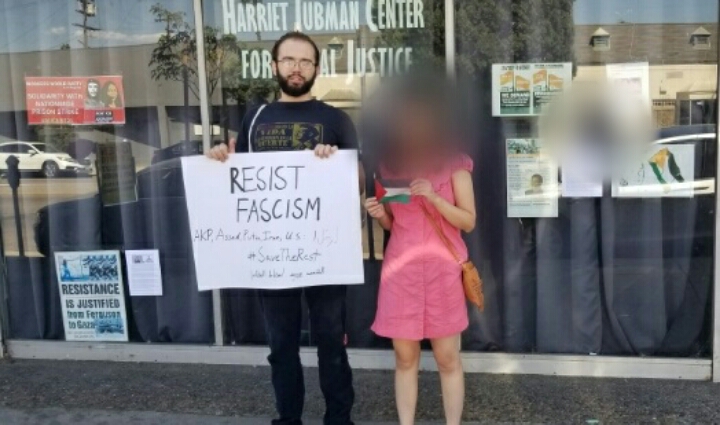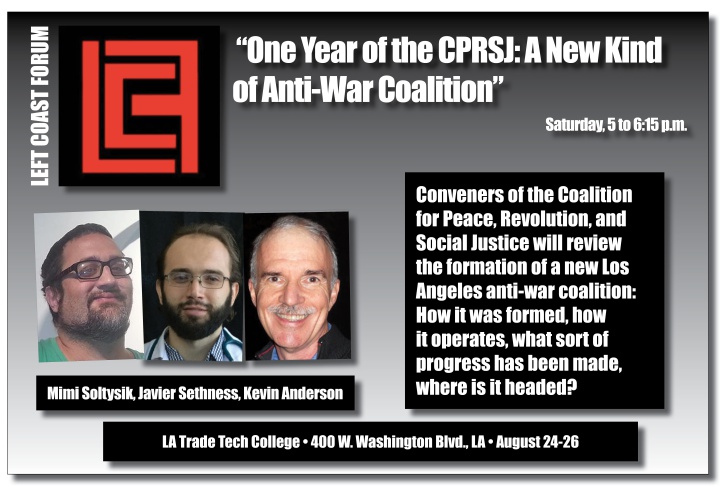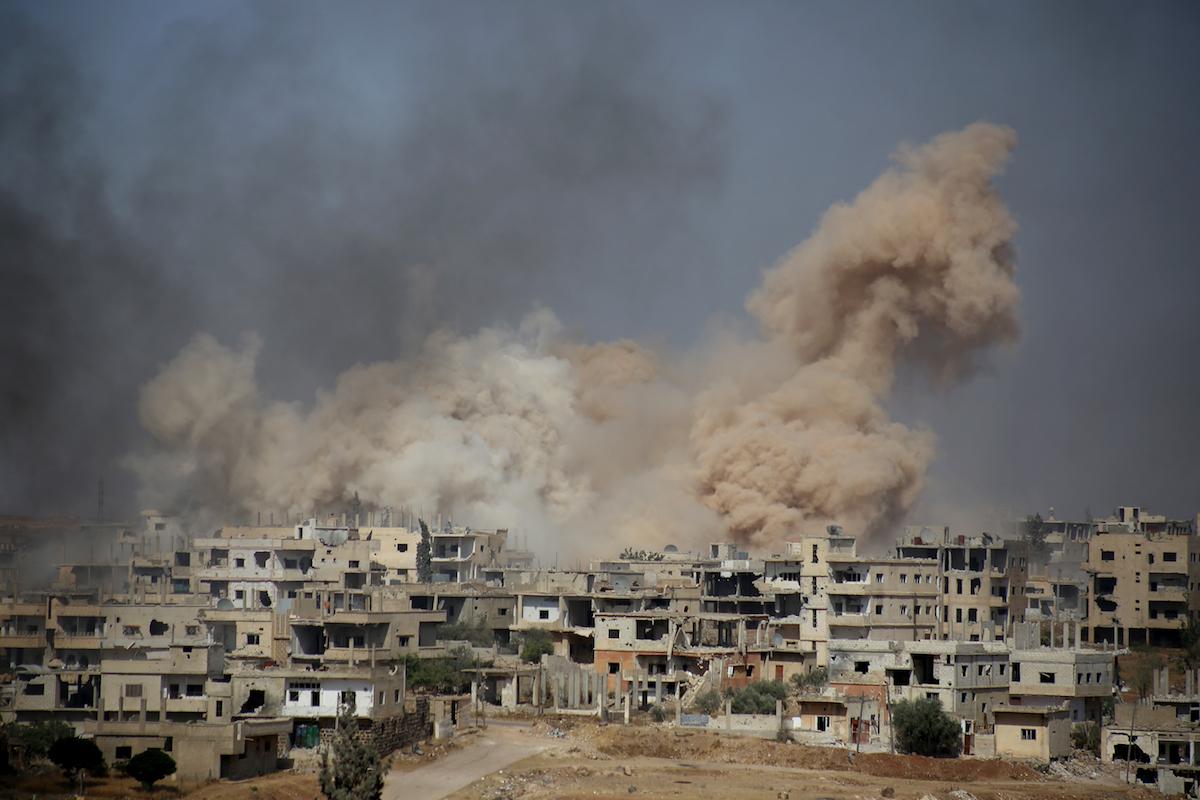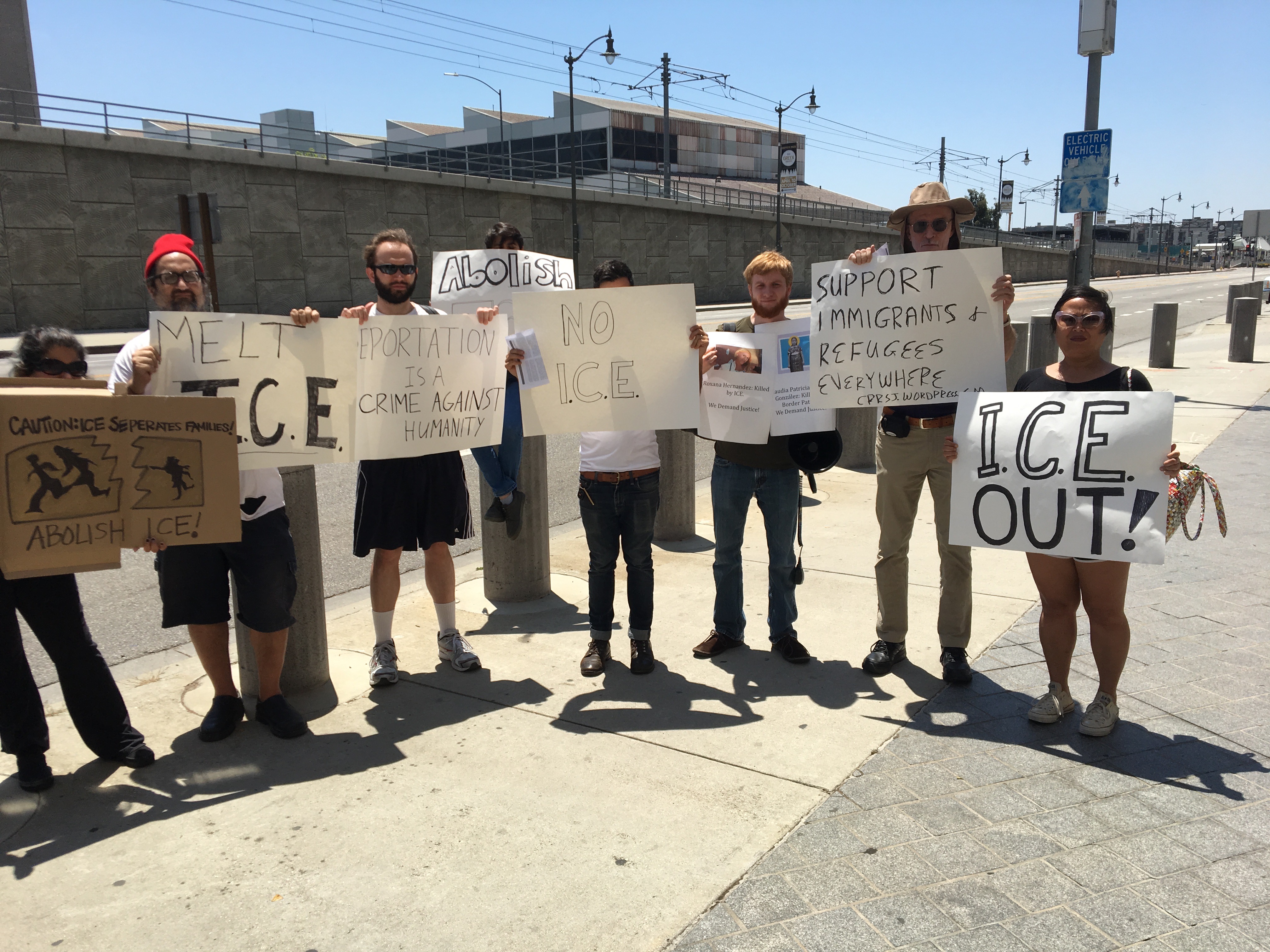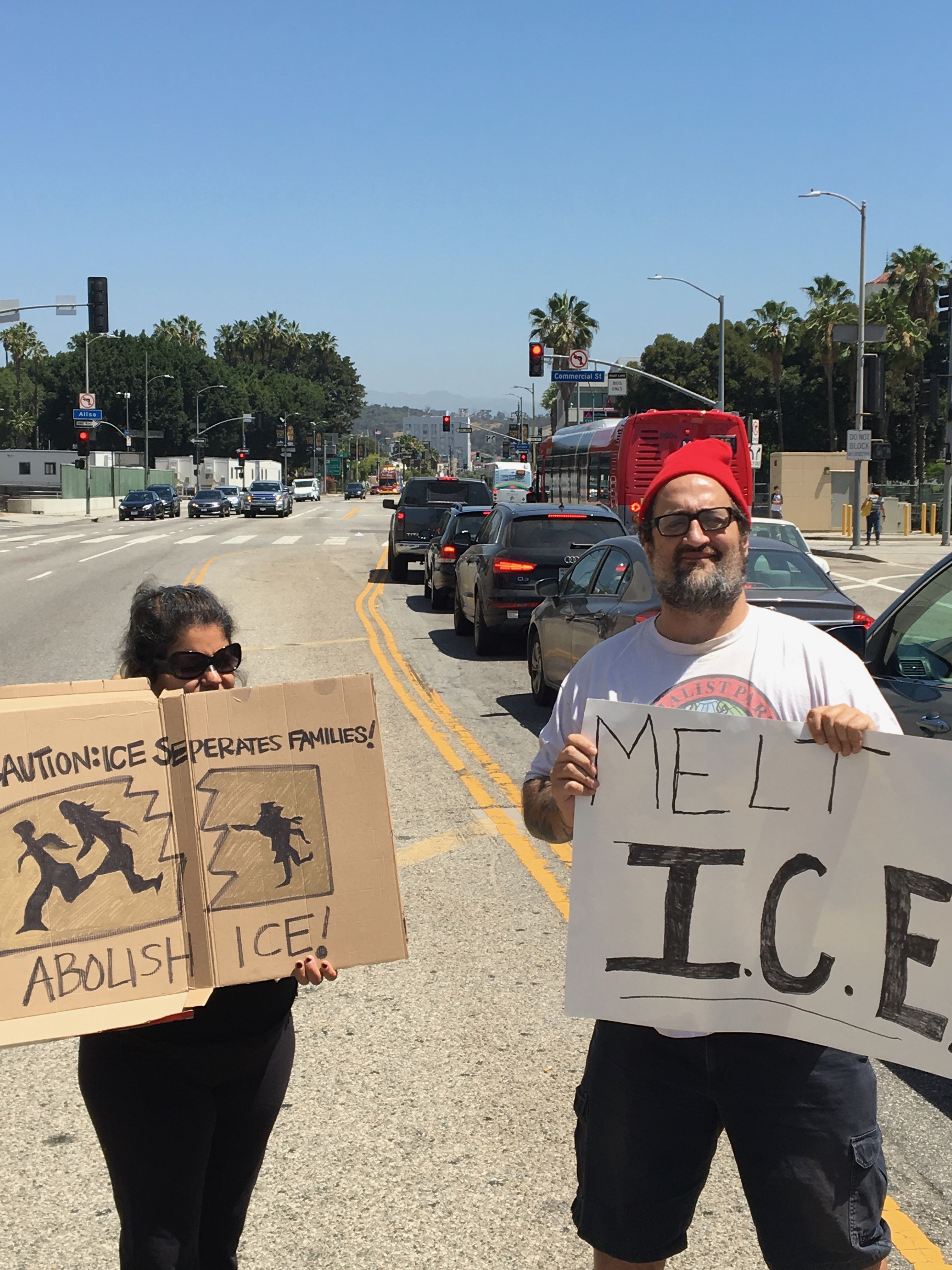
There are a number of different perspectives regarding the current situation in Venezuela within the Coalition for Peace, Revolution, and Social Justice, and so we have chosen six articles that reflect that diversity in perspectives. This is part 5/6. Originally published on News and Letters on 12 February 2019.
- No to the U.S. Intervention in Venezuela!
- Oppose Trump’s threats to send troops!
- No confidence in Maduro or Guaidó!
- Corrupt Venezuelan generals and foreign creditors profit while the people face hunger!
A severe economic crisis coupled with a deepening crisis of leadership has left Venezuela vulnerable to U.S. attempts to orchestrate a political transition that protects the military high command and creates a regime directly subordinate to Washington. Nicolas Maduro offers no alternative to the economic crisis and the United Socialist Party of Venezuela (PSUV by its acronym in Spanish), created by Hugo Chávez, is an obstacle to the popular mobilizations and struggles required to overcome the crisis.
Although the U.S. has recently taken economic measures to cut the Maduro government’s access to vital oil revenues, throughout the Chavista “revolution” of “21st Century Socialism,” the U.S. has been the biggest buyer of Venezuelan oil. Trump’s sanctions preventing Maduro and members of his inner circle from receiving oil revenues are effectively a blockade on oil sales to the US, but this recent development does not explain the hyperinflation and scarcity of food and medicines driving popular protests against the government.
The root cause of the hyperinflation immiserating the people is the Chávez regime’s attempt to purchase the loyalty of the military high command, keep paying the foreign debt and avoid directly challenging the economic power of Venezuela’s criollo elite through serious land reform and nationalizations aimed at breaking the power of landlords and monopolists, and securing food sovereignty and the ability to overcome Venezuela’s dependency on imports.
Chávez coopted the popular struggle that challenged IMF-imposed austerity in the Caracazo of 1989. That popular struggle swept aside the power pact between corrupt political parties in 1998 and defeated a coup attempt in 2002. Initially enjoying deep popular support, Chávez replaced the old political regime, and carried out a redistribution of oil revenues in popular social programs to alleviate poverty and increase access to housing and healthcare. But these policies could only be maintained as long as oil prices remained high. Chávez did not break the country’s exclusive reliance on oil revenues to purchase imports of consumers goods. With the collapse of oil prices, the needs of the people competed with the colossal waste of resources spent purchasing the loyalty of the military high command and, worst of all, the uninterrupted service on the foreign debt.
Historically, the resistance against austerity in Latin America has been associated with struggles against measures imposed upon governments in or at risk of default to international banks. The populist redistribution of oil revenues by Chávez was praiseworthy. Today, however, the government’s policies following the collapse of oil prices have tightened the belt on Venezuela’s people in order to purchase the loyalty of the army; the result is a massive transfer of wealth to the generals. Workers’ wages are eaten up by hyperinflation. Venezuela imports everything except oil, and an artificially low exchange rate is reserved for the regime’s allies—in particular, the high command of the military. The result is a black market that fuels inflation. The military is in complete control of food imports and distribution, and it has become an enormous parasite sucking the lifeblood from the Venezuelan people. Under Maduro, the Chavista regime has gone from populist programs to aid the poor to effectively forcing Venezuela’s poorest to bear the burden of the crisis, while enriching the generals who maintain control over the military and guaranteeing debt service to foreign creditors.
The question of control over the military is key to understanding the political crisis in Venezuela. Up until recently, Juan Guaidó was largely unknown to Venezuelans. He has seized upon popular discontent to present his leadership over the simmering revolt, but his planned transition is based on amnesty for the same corrupt, criminal generals whose loyalty Maduro buys. The Trump administration, European governments, together with reactionary governments like Brazil’s and Colombia’s, have backed Guaidó’s claims that Maduro’s election in 2018 was illegitimate, but although much noise was made about corruption, none of the opposition candidates in that election opposed the foreign debt service nor seriously challenged the military’s control over food imports. In any case, no election result or constitutional crisis can bind millions of Venezuelans to endure years of misery. Political struggles aside, Guaidó and the National Assembly are in fact in agreement with Maduro on protecting the generals and continuing the debt payments.



